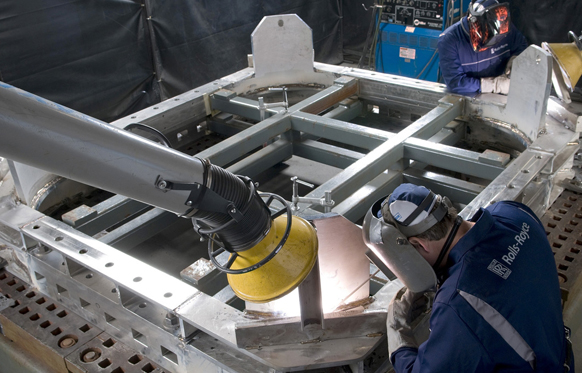Democrat January-February 2013 Editorial (Number 133)
Lessons from 40 years
in the Common Market

It is 40 years since Britain, Denmark and Ireland joined the Common Market under the premiership of Tory Edward Heath in 1973. This was the time when a small number of Labour MPs voted against Labour’s policy of opposition to EEC membership. The date marks the time when the ruling class turned its’ back on the nation-state of Britain.
This followed a period when direct imperialism of the British Empire was changed to neo-colonialism. Britain joined five other broken empires in a temporary alliance of the EEC. The US had taken over the military machine that guarded vested interests around the world in place of Britain. Since then Britain has relied on the US military-industrial-complex.
US foreign policy was to encourage all concerned, especially France, for Britain to become a member of the EEC in an economic and military bloc in the ‘cold war’ against the USSR and prevent the spread of socialism. Today, as shown by, the US policy over Britain in the EU has not changed.

Labour Party and TUC policy was for withdrawal from the European Community at the 1975 referendum when the promise was “jobs for the boys”. This policy position was held until Commission President Jacques Delors sold the Social Charter to un-mandated delegates at the 1988 TUC Congress as well as the Danish and Irish TUCs. The ‘bargain’ struck was the ‘Social Charter’ in exchange for support of European Union and the 1992 Maastricht Treaty which included strict criteria for the single currency and single market.
The criteria for the single currency included severe limits on public sector spending and government borrowing. Although Britain did not join the euro, successive governments have applied these criteria so that we are in the penultimate stage of adopting this disastrous currency. Stemming from the practical side of these criteria were the PFI and PPP schemes which now blight and burden the NHS with paying out vast sums of money. That is the ‘excuse’ behind the closure of hospitals and their blatant transfer to the private sector.
The single market is a truly free market defined by the ‘free movement of capital, services, goods and labour’. These are the conditions that the TNCs and banks strive for. This is why they want an end to the powers of the governments of nation states to legislate in these areas that provide for cheap labour to be moved around within the EU, for capital to seek out and move jobs, factories and whole industries to maximise profit.
Arising out of the Social Chapter tucked in the back of the Maastricht Treaty, Social Europe has been exposed as a bad bargain and a con, made clear by appalling and deteriorating conditions faced by workers in the eurozone member states of Greece, Spain, Portugal and Ireland.
The major battle for the foreseeable future is to focus on and stop the relentless attack on nation-states by transnational corporations and banks represented by the millionaire Cameron cabinet. An end has to be brought to the current situation where Britain is dictated to by the financial sector and TNCs and banks. It is they who press for all the privatisation and destruction of the NHS, state education system. That is done in line with countless EU policies, directives and legislation that over-rides parliament at Westminster and democratic accountability at national, regional and local levels.
The call to work harder and tighten belts in order to compete and win the race in the global market must be spurned. This is simply an invitation for workers to compete in the latest form of imperialism which is covert and called ‘globalisation’ to distract the unwary.
Whether or not there is to be a referendum in five years time the labour movement must be won to readopt the policy of Britain's withdrawal from the EU instead of holding onto the apron strings of the financial sector, banks and Tories which represent them, which caused the economic mess Britain faces.
see a list of demands labour must make